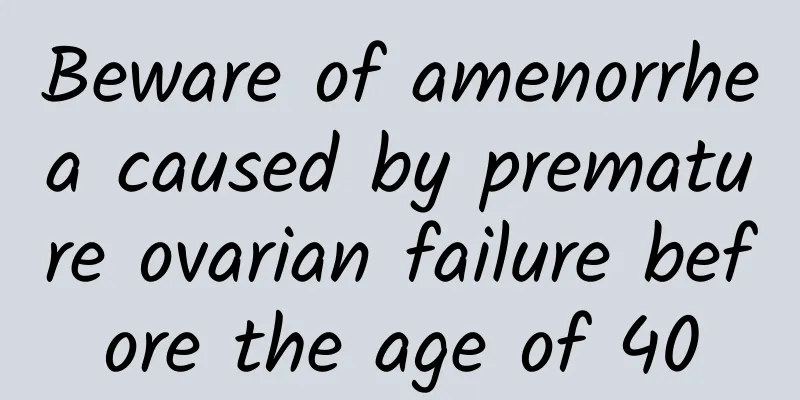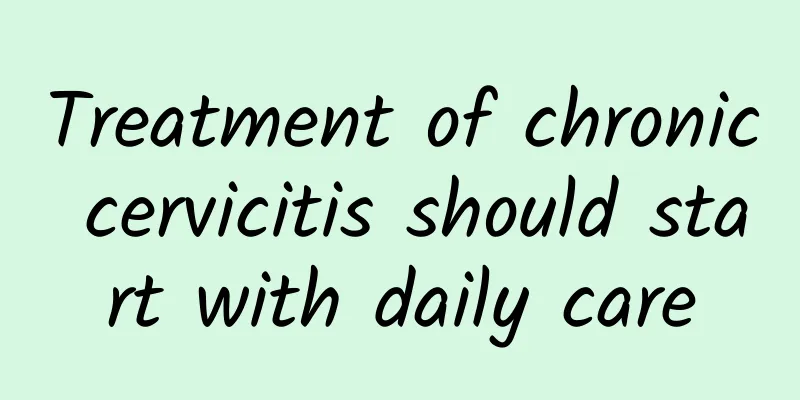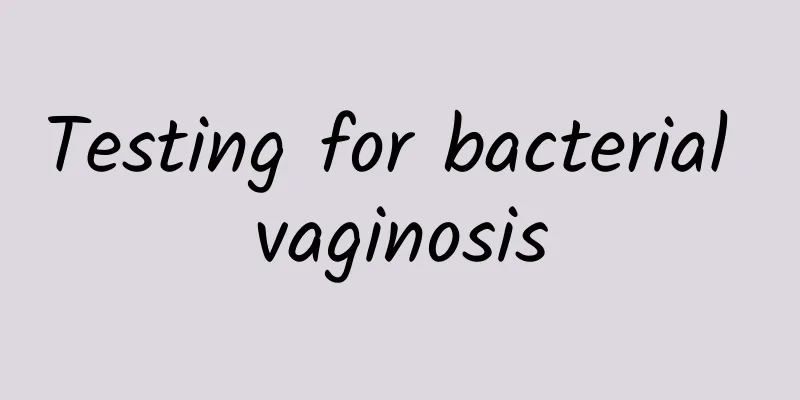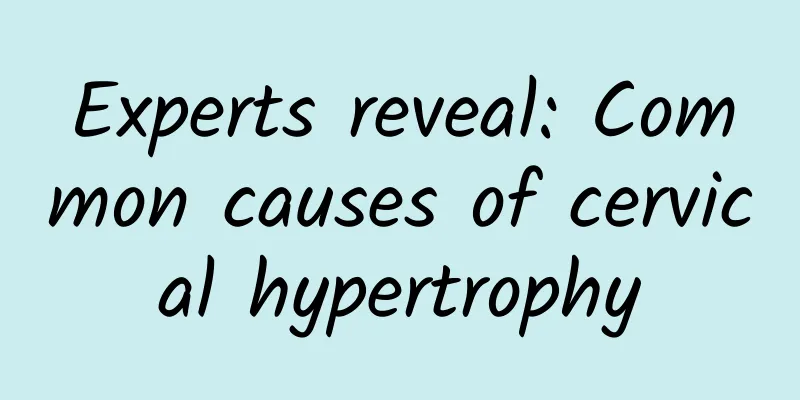Beware of amenorrhea caused by premature ovarian failure before the age of 40

|
Ovarian dysfunction, unable to respond to gonadotropins and synthesize sex hormones, resulting in low ovarian sex hormone levels and no cyclical changes in the endometrium, leading to amenorrhea. This situation often occurs before the age of 40, and is caused by high gonadotropin-induced amenorrhea due to ovarian failure, also known as premature ovarian failure. Premature ovarian failure is a condition in which the ovaries have low function or cannot synthesize sex hormones, which reduces the negative feedback on the hypothalamus-pituitary axis, resulting in increased gonadotropins and decreased estrogen levels. A survey of 1,850 women born between 1930 and 1950 found that the incidence of this disease was 0.09%, accounting for 20%-28% of primary amenorrhea and 4%-20% of secondary amenorrhea. So far, the exact cause of premature ovarian failure is still unclear, and it may be a syndrome caused by multiple factors, including cellular and molecular genetic factors, immune factors, hypogonadism caused by enzyme deficiency, iatrogenic premature ovarian failure, and infectious factors. Infectious factors are often seen in childhood and adolescence when a woman has mumps, which can be complicated by viral oophoritis, leading to partial or complete loss of ovarian function and premature ovarian failure. Severe suppurative, tuberculous, and gonococcal pelvic inflammatory diseases can also cause ovarian dysfunction. Premature ovarian failure is not irreversible. There are still many cases of natural remission and successful drug-induced ovulation. The traditional concept is that patients with premature ovarian failure have ovarian failure and very few follicles grow. In recent years, many scholars have found that premature ovarian failure is not irreversible. About 25% of patients may recover follicle growth within 1-5 years. The clinical application of assisted reproductive egg donation technology brings new hope to patients who have failed drug-induced ovulation. Therefore, patients who want to have children should not give up treatment. |
<<: If you don't have your period at 18, beware of primary amenorrhea
>>: The treatment of ovarian cysts should be based on the actual situation of the patient
Recommend
Ectopic pregnancy may be life-threatening
If an ectopic pregnancy is not treated in time, t...
What drinks can eliminate uterine fibroids? What drinks can eliminate uterine fibroids?
What drinks can eliminate uterine fibroids? Uteri...
What are the causes of irregular menstruation? 5 common causes of irregular menstruation
1. Stress: Women are in a state of long-term supp...
Why does my menstrual period come a little bit when it’s dark?
Why does my menstrual period come a little bit wh...
What are the causes of irregular menstruation?
Irregular menstruation affects women's daily ...
The harm of abortion to women
Abortion seriously affects the physical and menta...
What causes cervical erosion?
Cervical erosion in young people is a physiologic...
How to regulate menstrual disorders
Menstrual disorders may be related to emotional f...
How to induce menstruation if menstruation is delayed? Learn how to induce menstruation
Female friends all know that the normal menstrual...
How should people with pelvic peritonitis take care of themselves in daily life?
Once pelvic peritonitis occurs, it will affect wo...
Various gynecological diseases may also be the culprit of dysmenorrhea
Although many women are troubled by dysmenorrhea,...
What are the causes of dysmenorrhea?
Dysmenorrhea seriously affects the patient's ...
What should I do if my menstrual flow is too much and dark red?
What should I do if my menstrual flow is heavy an...
Correct bad posture, keep your pelvis healthy and enjoy slimness
In the theory of traditional Chinese medicine, th...
How to effectively prevent female pelvic inflammatory disease
Pelvic inflammatory disease is one of the most co...









